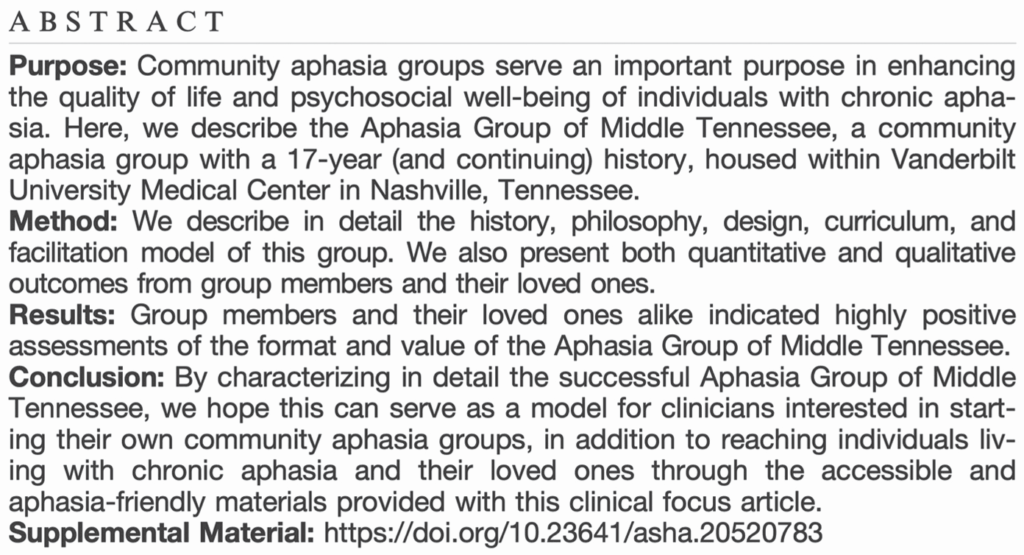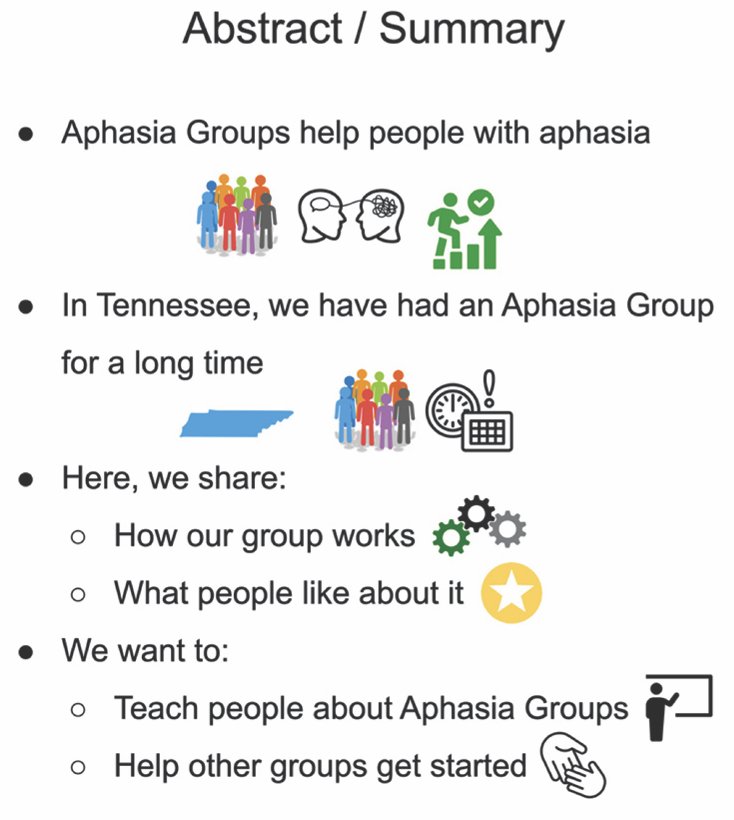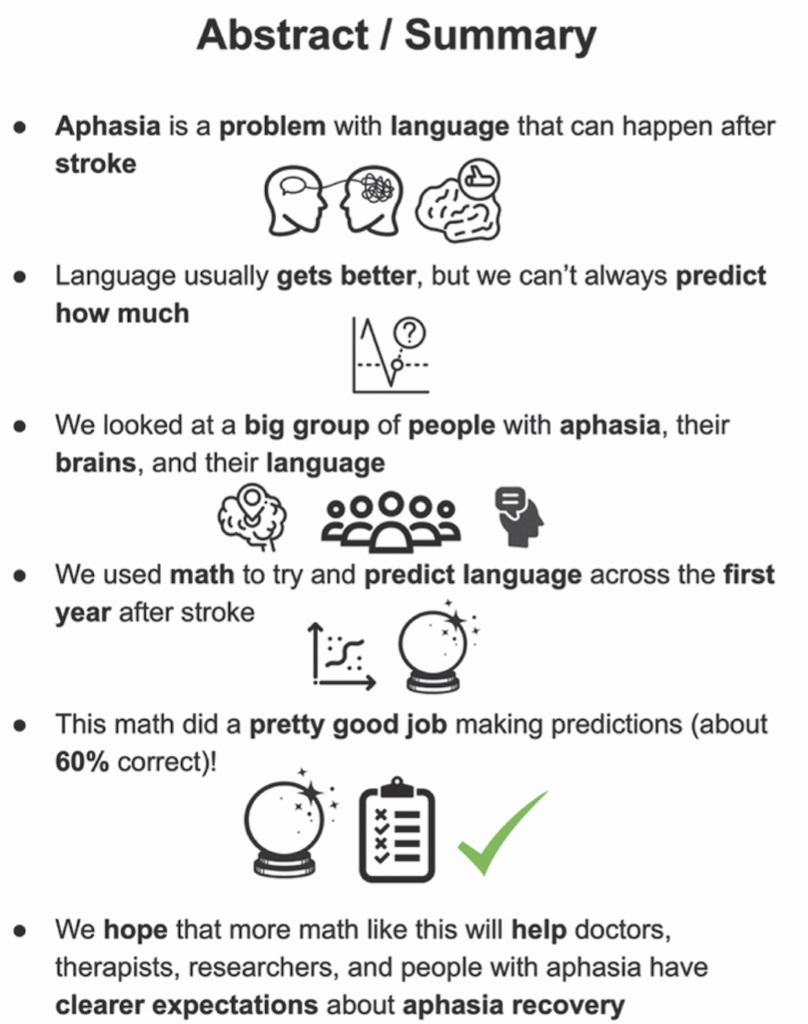Princeton AI Lab Develops 'Article Friend' to Enhance Research Accessibility for Aphasia Community

Seed Grant Series: Article Friend – Developing a New, AI-Powered Tool to Increase Accessibility of Research Articles
This article introduces Article Friend, an innovative AI-powered tool developed by researchers at Princeton University, aimed at making scientific research articles more accessible to individuals with aphasia. Aphasia, a communication disorder resulting from brain damage (often from stroke), affects nearly 2 million people in the US alone. Despite their participation in research, the findings often remain inaccessible to them due to complex language.
The Problem: Inaccessible Research for Aphasia Community
Aphasia is a disorder affecting language processing, not intellect, commonly caused by left-hemisphere strokes. While individuals with aphasia are crucial participants in research studies, the research articles themselves are rarely accompanied by aids that make them easily readable for this population. A quick PubMed search revealed that only about 5 in 21,000 papers offer such aids, leaving the research largely inaccessible to the very people it concerns.
The Solution: Article Friend
To address this gap, the Princeton AI Lab, with support from an AI Lab Seed Grant, is developing Article Friend. This AI tool leverages advanced language models like GPT-4o, along with APIs from Google Docs and The Noun Project, to efficiently convert complex research abstracts into aphasia-friendly versions. The tool employs strategies such as simplified language, bulleted key takeaways, bolded keywords, and supportive visual icons, adhering to best practices for aphasia-friendly materials.

How Article Friend Works
The tool takes a traditional scientific abstract and transforms it into an easier-to-understand format. The article showcases examples comparing a standard abstract with an aphasia-friendly version, highlighting the improvements in clarity and accessibility.
- Traditional Scientific Version: Presents complex terminology and sentence structures.
- Aphasia-Friendly Version: Uses simpler vocabulary, shorter sentences, bullet points, and visual aids.


Case Study: Predicting Aphasia Recovery
The article includes an example of a research abstract on predicting language recovery in individuals with post-stroke aphasia. This abstract, originally dense with technical details, is then presented in an aphasia-friendly format, making the study's methodology and findings more accessible.
- Original Abstract Focus: Quantitative prediction of language outcomes using support vector regression and lesion location data.
- Aphasia-Friendly Summary: Explains that the study aimed to predict how well people with aphasia would recover their language after a stroke, using brain scan data and initial severity to make predictions. It highlights that about 60% of long-term recovery could be predicted.

Reception and Future Development
The prototype of Article Friend received a highly positive reception at the Aphasia Access Leadership Summit, with attendees expressing excitement and applause. This indicates a strong need and demand for such tools within the aphasia community and among professionals.
However, challenges remain in refining the tool. These include managing mismatches between visual icons and text, preventing oversimplification of scientific content, and handling longer inputs. Currently, Article Friend is limited to processing abstracts, but the team is actively working to overcome these obstacles to eventually process full research articles.
Ethical Considerations and AI Hallucinations
The article also addresses the critical issue of AI hallucinations and the potential for misinformation. While Article Friend aims to improve accessibility, it's crucial that the tool provides accurate, high-quality information. Therefore, the current focus is on targeting users with research expertise who can critically evaluate and refine the AI-generated content. The goal is not to replace researchers but to empower them with an efficient way to make their work accessible to the people most affected by it.
Citations
The article references several key resources, including:
- National Aphasia Association
- National Institute on Deafness and Other Communication Disorders
- American Speech-Language-Hearing Association (ASHA)
- Stroke Association
- Academic papers on AI and accessibility
Related Posts
- Deep Dive Series: Building Biosecurity Safeguards into AI for Science
- Machine Learning Helps Reveal What Makes Games Complex for People
- Deep Dive Series: Can LLMs Think About Thinking, and Can We Leverage Such Traits?